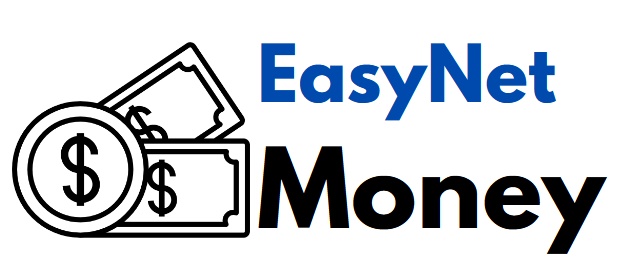Major South Korean exchanges have agreed to implement the Financial Action Task Force Travel Rule System to curb money laundering. The Travel Rule System requires crypto exchanges operating within the jurisdiction to share information with concerned authorities. Violators will face tough CFT monitoring, according to the stipulations.
Remember that in March, crypto exchanges were mandated to verify their Internet Security Management Systems and partner with one local bank that would verify real-name accounts. Crypto exchanges that couldn’t satisfy the requirements would face the repercussions of suspending trading services or erasing KRW pairs.
South Korea also implemented a tax rule that will see crypto users in the country pay taxes on trading profits above $2,300 from January 2022. This rule is similar to the crypto requirement bill signed by the United States that aims to tax the crypto industry.
Exchanges Follows In the Footsteps of Coinone
On the 29th, Coinone disclosed that it would not accept deposits and withdrawals from unconfirmed private wallets from January 24, 2021, making it the first exchange in Korea to implement its Travel Rule System, which has a set deadline of March. Customers will undergo strong KYC requirements at the exchange, which involves verifying user’s names and registration numbers.
According to the exchange, the intentions were to curb illegal activities. Coinone noted that users will have to register their personal wallets from December 30th to January 23rd to avoid being restricted from using the exchange.
Shortly after this announcement, Bithumb and more than 20 other exchanges implemented similar decisions to track coin transactions for better security. When asked why Korean exchanges were enacting such a decision, blockchain analyst Jun Hyuk revealed that the exchanges were implementing such a decision to meet the March deadline set by the Korean government.
South Korea Sets Sights On Regulating NFTs
The Non-fungible tokens sector is another emerging industry that has grown tremendously over the past two years. Like the cryptos, NFTs have caught the attention of South Korean regulators.
Although the regulators once flipped on their decision to regulate NFTs, the statement from the FSC in late November suggested otherwise, pointing towards the direction of regulating and taxing NFTs. Generally, the country has been in compliance with the FATF and relevant authorities to keep the crypto and NFT industries in check.
Many exchanges have opted for stronger restrictions and Know Your Customer to check money laundering and tax circumvention, two common acts perpetrated by users via cryptocurrency. South Korean legislators have been pushing to regulate the nascent industry since the start of 2021, and it seems their efforts have been paying off.
The country has been in the frontline when it comes to enacting laws to protect crypto investors. The FATF Travel Rule, ISMS, and tax rule are part of their efforts directed towards controlling the industry.

